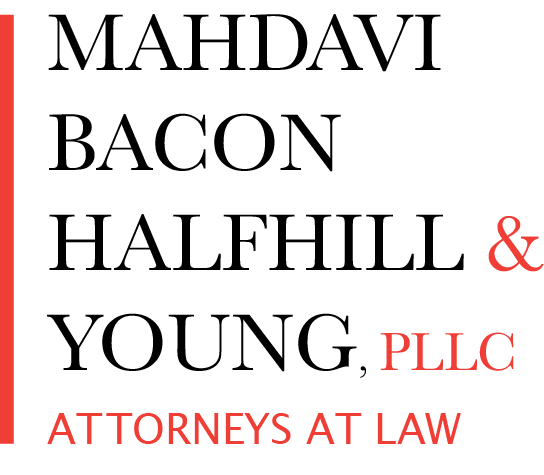
Litigation
Today’s case alert discusses a False Claims Act (“FCA”) whistleblower case involving the Public Disclosure Rule.
A New York federal judge recently dismissed an FCA suit alleging that MB Financial received $400 million in fraudulent reimbursements from federal regulators after it took loans from a failed Chicago bank, finding that the information provided by the relator had already been publicly disclosed.
The FCA’s Public Disclosure Rule prohibits whistleblowers (aka relators) from bringing a qui tam action based upon publically available information. The rule also provides an “original source” exception that allows a relator to utilize publically disclosed information as long as they can prove that they were an original source of that information.
An original source is “an individual who has direct and independent knowledge of the information on which the allegations are based and has voluntarily provided the information to the Government before filing [suit].” § 3730(e)(4)(B).
In this case, relator Lee Moncho filed his suit on behalf of the Federal Deposit Insurance Corp (“FDIC”), which brokered MB Financial’s takeover of Broadway Bank’s assets in 2010. Moncho claimed that MB Financial took advantage of the FDIC’s agreement to cover losses on Broadway Bank’s loans to receive millions of dollars in excessive relief from the agency.
Moncho further alleged that MB Financial had done so by reporting loans that had either been paid off or no longer belonged to their portfolio.
Moncho began looking into MB Financial after it foreclosed on a loan for a property he owned in Manhattan, NY. To identify other loans and borrowers, he looked for information from several lawsuits involving Broadway Bank loans, including one from the FDIC and the Automated City Register Information System.
District Court Judge George B. Daniels granted MB Financial’s motion to dismiss the suit, finding that the FCA’s Public Disclosure Rule bars Moncho’s claims because the transactions he identified had already been made public through the aforementioned court proceedings. Judge Daniels explained that there was no dispute that documents filed in other litigation and available in a public database classify as public disclosure, thus barring Moncho from bringing his claims under the FCA.
The next question was whether Moncho could show that he was an original source of the publicly available information. Unfortunately for Moncho, he failed to prove that he was an original source since he did not have direct and independent knowledge of the information. He also did not provide additional substantive information to the government to help explain or link the publicly available information.
The Public Disclosure Rule is a significant hurdle for qui tam whistleblowers, and this case illustrates what might happen if a claim is based solely on publicly available information.
Thanks to a whistleblower lawyer with our friends at Hoyer Law Group, PLLC for their insight into the FCA’s Public Disclosure Rule.

